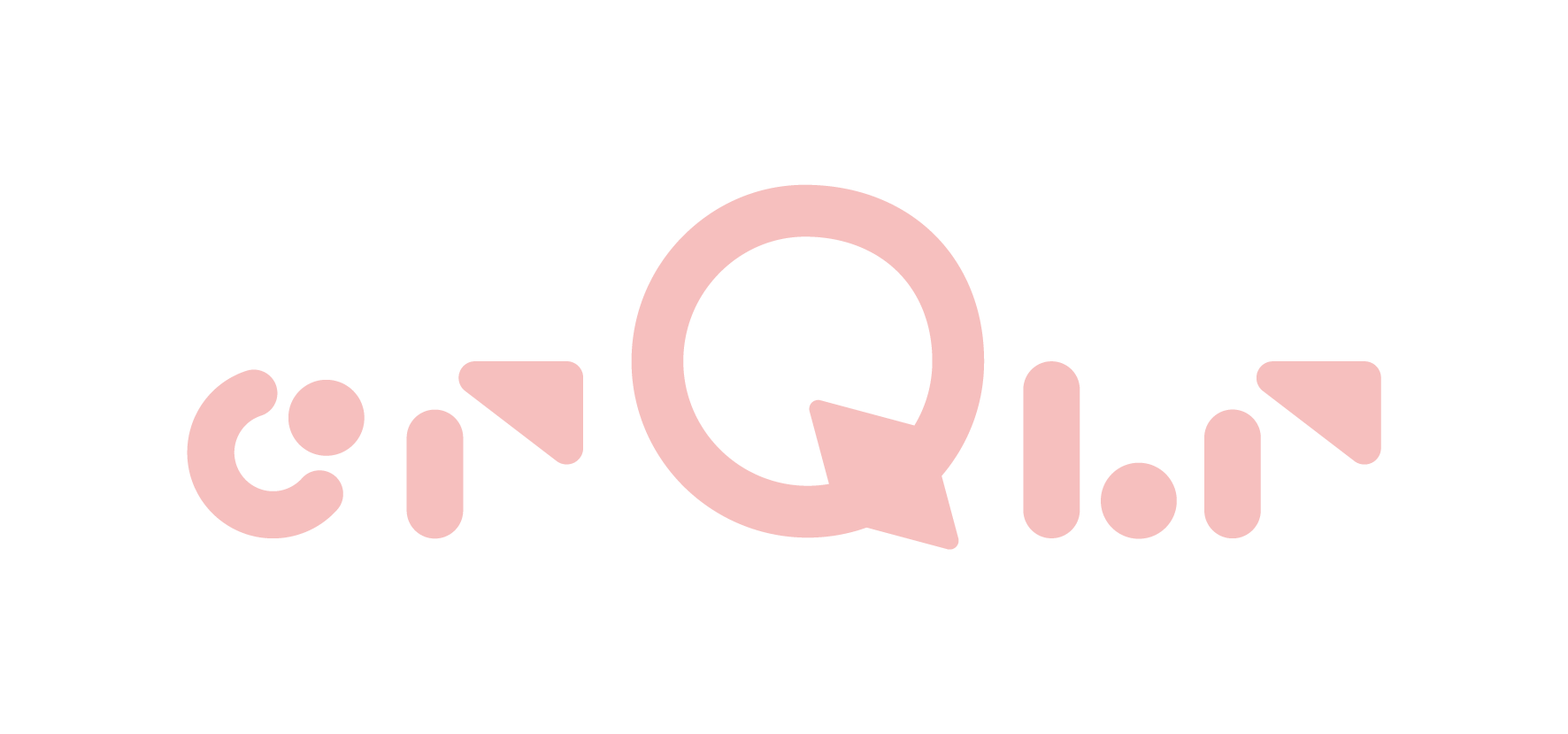-
Name of the submitted project or idea (in English or both English and your language)
Dodola
-
URL of a video introducing the work(under 5 minutes)
-
Detailed explanation of the submitted project or idea (in English or both English and your language)
This project is focused on water treatment in places where the public water supply isn’t adequate or available. Around 20% of Slovenes are not connected to the public supply, and even those who are often prefer to use water which they collect in nature. There is a common belief that spring water in Slovenia is clean but since a large part of Slovenia lies on karst grounds, it is difficult to predict the flow of groundwater and the accompanying pollution. The location chosen as a pilot area for the project lies in the Triglav National Park where, contrary to public belief, spring waters are quite contaminated. The product Dodola is an installation of intricately shaped filtration modules which purifies water of contaminants as small as bacteria, thereby leaving behind only the desired constituents such as minerals. It’s made of clay, mixed with organic material and fired in a way which increases its porosity by a manyfold. The gyroid structure which accelerates the filtration of water by increasing the available surface area of the module is achieved by 3D printing the otherwise fragile raw clay mixture. Through the incorporation of the principles inspired by an Archimedes screw the product can transport the filtered water upwards by relying on the flow of the water it is placed in, meaning it can work in remote locations where electricity isn’t available.
-
How does your work address the 3 P’s (for Planet, for People, for Profit) for Sustainability?
For Planet: Dodola prioritizes environmental sustainability through the use of eco-friendly materials and production processes. We source materials, such as locally collected clay and sawdust from nearby woodworkers, minimizing our environmental footprint. Additionally, Dodola is engineered to combat water contamination caused by farming and tourism, contributing to a healthier planet by addressing one of the pressing issues affecting water quality.
For People:
Our primary focus is on improving the well-being of people. Dodola provides access to clean and safe drinking water, a fundamental human right. By ensuring a readily available water source, we empower communities to lead healthier lives. Moreover, we emphasize the educational aspect of Dodola, raising awareness about water-related challenges and fostering responsible water usage.
For Profit:
While our mission is primarily driven by social and environmental goals, we recognize the importance of financial sustainability. To support our long-term impact, we plan to expand the reach of Dodola to other countries with on-location production with 3D clay printers. This expansion not only contributes to our growth but also allows us to scale our positive impact on both the planet and people. -
Where (country, region, etc.) have you primarily carried out your project?
Slovenia
-
What is the timeline your project has taken place over?
2022-
-
Keywords
#Ceramic water filter #3D clay printing #Decentralized
-
If you have a website for your submitted project or idea, please provide the URL
https://pjorkkala.si/
-
If you have a social media account for your submitted project or idea, please provide the URL
https://www.instagram.com/pjorkkala/
-
Special Prize Question 1: Is there a mechanism in place to inherit culture and industry as assets for people living in that area 100 or even 1000 years from now?
Dodola has a forward-looking perspective that encompasses the inheritance of culture and industry as valuable assets for the people living in the area for centuries to come. The integration of the gyroid structure, Archimedes screw, and porous filtration into Dodola's design represents a conscious effort to bridge the past and the future. These elements reflect not only cutting-edge technology but also respect for the rich cultural and industrial heritage of the region. Dodola acknowledges and honors the local cultural traditions of clay craftsmanship and woodworking. By utilizing these traditional skills and materials, we are ensuring that these cultural practices endure and evolve. The sustainable design principles inherent in Dodola's gyroid structure and porous filtration ensure that these technologies can be maintained and adapted over time. This means that the knowledge and industries associated with Dodola have the potential to evolve and remain relevant for centuries. By embracing sustainability, Dodola is actively shaping a better tomorrow for generations yet to come. In essence, Dodola's commitment to both sustainable technology and the preservation of cultural and industrial heritage aligns with the idea that actions taken in the present can indeed shape a brighter future for the people in the area. It's a testament to the enduring value of innovative, sustainable solutions that respect and build upon the foundations of the past.
-
Special Prize Question 2: What is the positive impact on biodiversity? Is the project creating a cycle not just from a human-centered perspective but for the entire ecosystem?
Dodola is a product in which design plays an important role. It was developed to offer an alternative to existing ceramic water filters which aren’t either sustainable or viable in terms of effectiveness. It was also used to develop a product which would be long lasting, efficient and would promote decentralized and radically sustainable solutions. Simultaneously, the project's purpose is not only to provide a sustainable water filter but also to raise awareness among users and all other stakeholders about the problems associated with water. This extends beyond areas where water issues are well-known, reaching even those areas contaminated contrary to the belief in the purity of available water. All materials used are sustainable, natural, and locally sourced. The clay can be collected from nearby forests, and the sawdust is obtained from local woodworkers. The 3D clay printing technology generates no material waste during production. The final product requires very little maintenance and no additional parts. Furthermore, it operates autonomously and does not require electricity to function. At the end of the product's lifecycle, it can be ground into dust and used in the production of new filters as grog.
-
Special Prize Question 3: Are you enabling new forms of collaboration with others? New forms of collaboration might include cross-industry cooperation, co-creation with consumers, or role transformations within the supply chain.
Our project has embraced diverse collaboration by engaging professionals from various fields, ranging from biology and biochemistry to physics and anthropology. This multidisciplinary approach was instrumental during the research phase, enabling us to gain a comprehensive understanding of Slovenia's water situation and identify the project's key focus areas. Furthermore, we are actively fostering the development of an open-source community, a crucial aspect in our view. This commitment involves sharing our knowledge and experiences openly with the public. All the software tools used in the production of Dodola, such as Blender and Cura, are readily available to the wider community. In designing Dodola, we drew upon well-established principles and practices, making our solution accessible to those familiar with existing knowledge. We believe in transparency and actively share our entire process, including research findings, through exhibitions and online platforms. Most significantly, Dodola is a solution designed for global impact. It can be easily shared with various countries as an open-source resource and produced locally, facilitating widespread access to clean water solutions. In this way, we are not only enabling new forms of collaboration but also empowering communities to take ownership of their water needs.
- 182
Dodola
Dodola's a ceramic water filter for places where the public water supply isn’t adequate or available.


